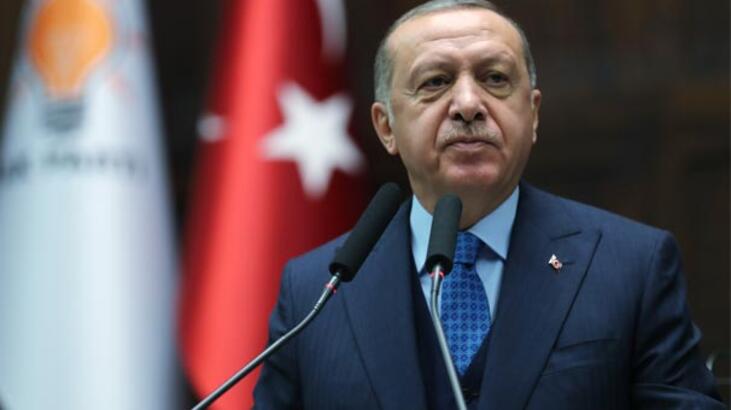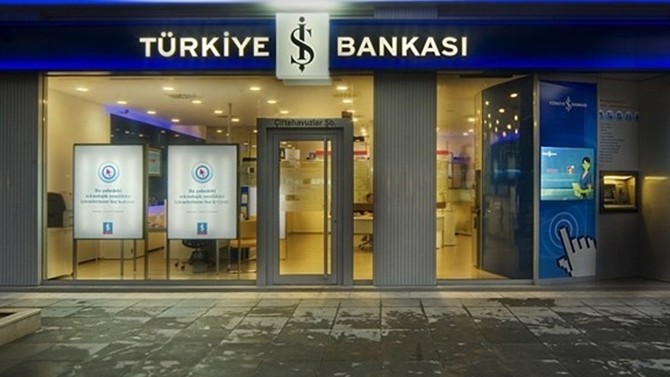A recent overview of promising sectors and major infrastructure projects in Turkey
Turkey which is no doubt among the most important countries in the Middle East and Europe, is still considered to keep its position as a point of attraction for the global business world.
I believe a series of articles with most useful information about “promising sectors” in Turkey would help the global business leaders to consider Turkey as well, as far as their business invesment plans for the future are concerned.
In this first article I would like to start with some general information about the growth in Turkey; Turkey’s GDP continued growing for the 24th consecutive quarter beating market expectations by a large margin, according to some recent data released by the Turkish Statistical Institute.
The economy grew by 4 percent in the third quarter of 2015 compared with the same period last year, surpassing market expectations of 2.8 percent. The figure may cause an upward revision to Turkey’s overall annual growth forecast of 3 percent for this year. The country’s economic growth rate for the first three quarters of this year was 3.4 percent, while it was 2.9 percent in 2014.
In the past years some crucial construction projects in the transport industry were accomplished in Turkey and new investments are currently continuing.
According to the Turkey report of Oxford business, dozens of construction plans are expected to cost an estimated € 188.33bn. Among them are high-speed rail links, bridges, motorways, the world’s largest airport and a 50-km channel that will transform half of Istanbul into an Island.
The € 3.27 bn Marmaray tunnel, a rail link beneath the sea connecting two continents – that is Istanbul’s European and Asian districts – has been accomplished as one of the mega projects in Turkey.
After the Marmaray project the biggest rail investments are € 299.3m for track renewal of which 225.3m more on the Istanbul-Ankara high speed link and a combined 222.5m for new rolling stock and infrastructure improvements.
The Marmaray’s twin is the Eurasia Tunnel, a 14.6 km road tunnel that includes a 5.4 km double-deck portion running below the Bosphorus, located a kilometre south of Marmaray. The tunnel will sit 25 metres below the seabed and is designed to withstand an earthquake with a magnitude of 7.5 on the Richter scale.
The Eurasia Tunnel is expected to significantly cut down travel times between the city’s busiest centres, as well as reduce traffic congestion on the FSM bridge and E5 Highway. The project design has also taken into account the region’s susceptibility to earthquakes and the need to cut down on greenhouse gases, with CO2 emissions and fuel oil expected to be lowered by 175.000 tonnes and 54m litres annually, respectively.
Another link set to open by the end of 2015 is the Izmit Bay Bridge at the eastern end of the Marmara Sea. The bridge, which will be the world’s fourth-longest suspension bridge, is part of a €3.87bn Euro road project spanning 433 km between the Istanbul suburb of Gebze and Izmir, Turkey’s third-biggest city, reducing travel time to 3,5 hours.
The government has doubled the number of airports from 26 in 2003 to 52 of which 21 are international and 31 are domestic. The third airport for Istanbul targets 150m passengers a year by 2018. It will boast six runways. Istanbul’s two airports, Atatürk on the European side and Sabiha Gökçen on the Asian side serve 37m and 13m people per year, respectively. The number of passengers at Ataturk rose 11 % to 12.4 m people in the first quarter of 2014, making it Europe’s third-busiest airport.
In 2012 1.2 % of global trade was carried out by Turkey; This is expected to exceed 1.5 % by 2025. Turkey is a regional hub for more than USD 2 trn worth of freight.
The current size of Turkey’s logistics sector is estimated at USD 80bn to 100bn and this could reach USD 140 bn by 2017.
By 2023 estimated total freight through put value in these centers is expected to reach 500bn USD. The hubs offer benefits like consolidated warehousing and distribution of products to domestic and international markets through connections with industrial areas. Additional services include on-site packaging, savings on storage and easy transportation throughout Turkey.
Turkey has almost 90 commercial ports, terminals and piers along more than 8000 km of coastline. The four seas encircling almost the entire country handle more than 6m twenty-foot-equivalent units (TEU) of containers, as well as millions of passengers and vehicles per year. There is still significant room for growth in the Turkish shipping space. If Turkey is to reach its 2023 export goals, Turkey’s ports should handle 30m TEU’s in order to meet the targets as it is currently handling around 8m TEU’s.
These ongoing projects have attracted a lot of foreign investors to Turkey and some of them are still promising new opportunities for those companies that want to expand their business to Turkey.
For more information to take a first step for doing business in Turkey go to below link; www.businesssupportturkey.com
General Manager & Consultant
BUSINESSSUPPORTTURKEY.COM






